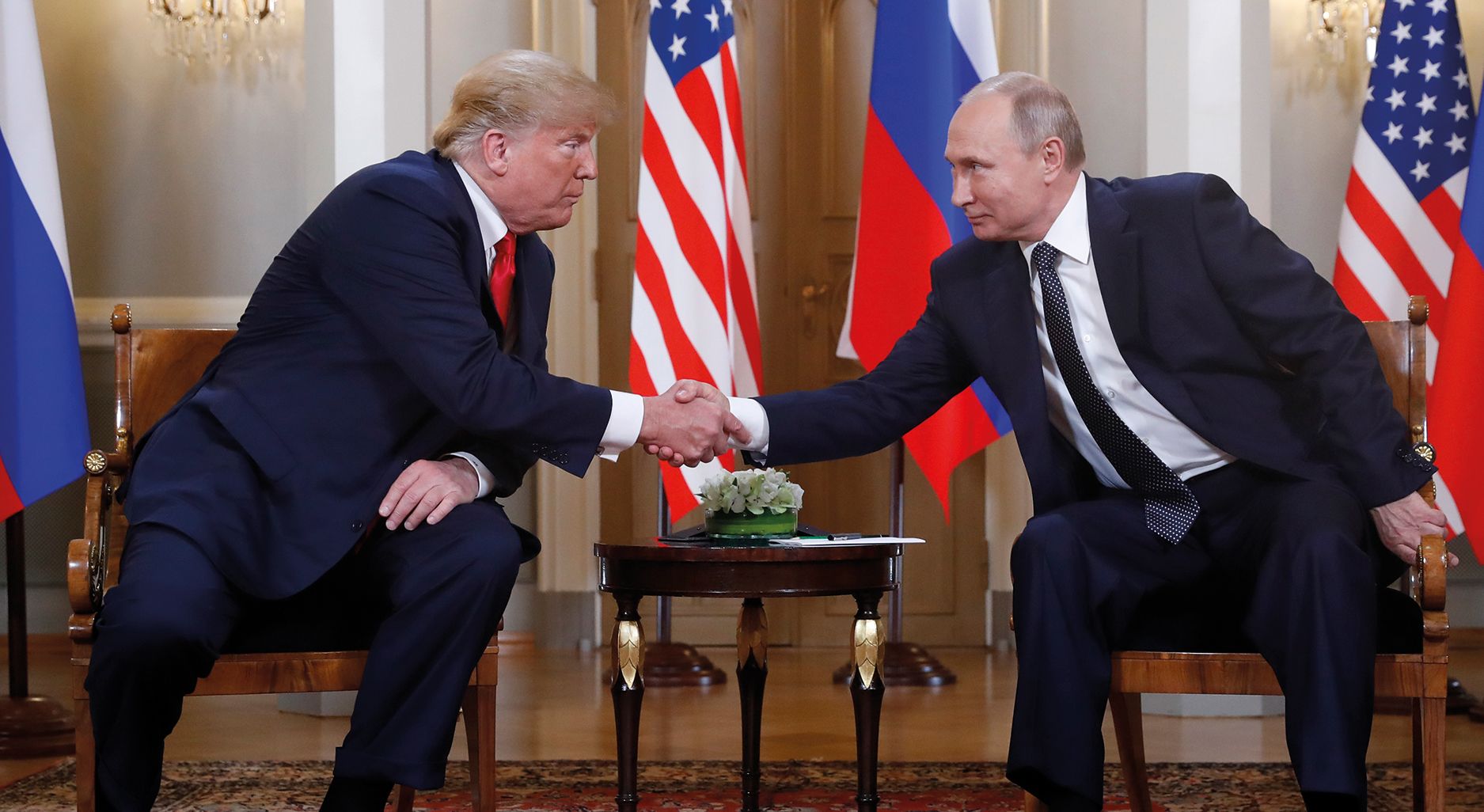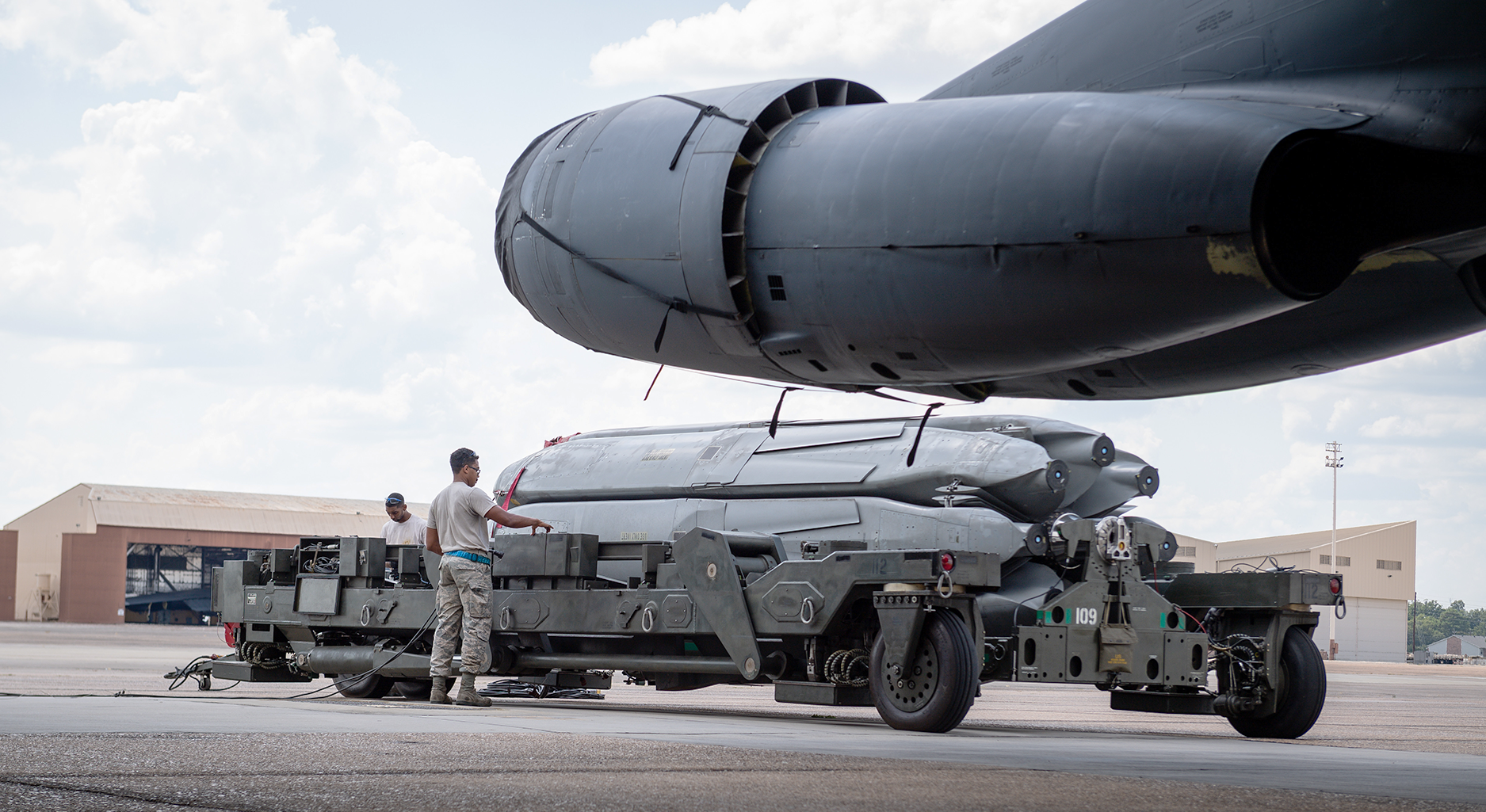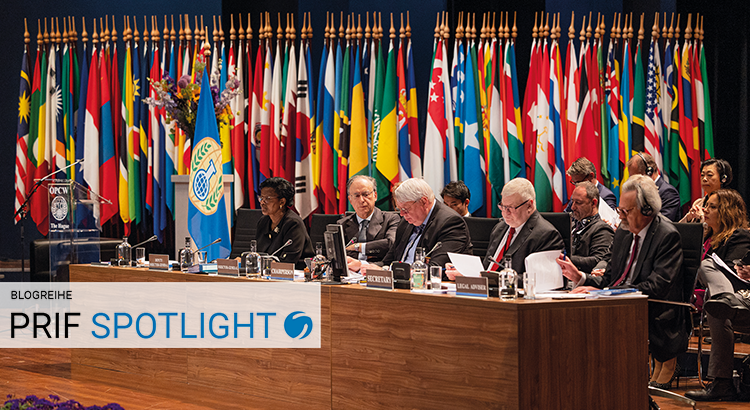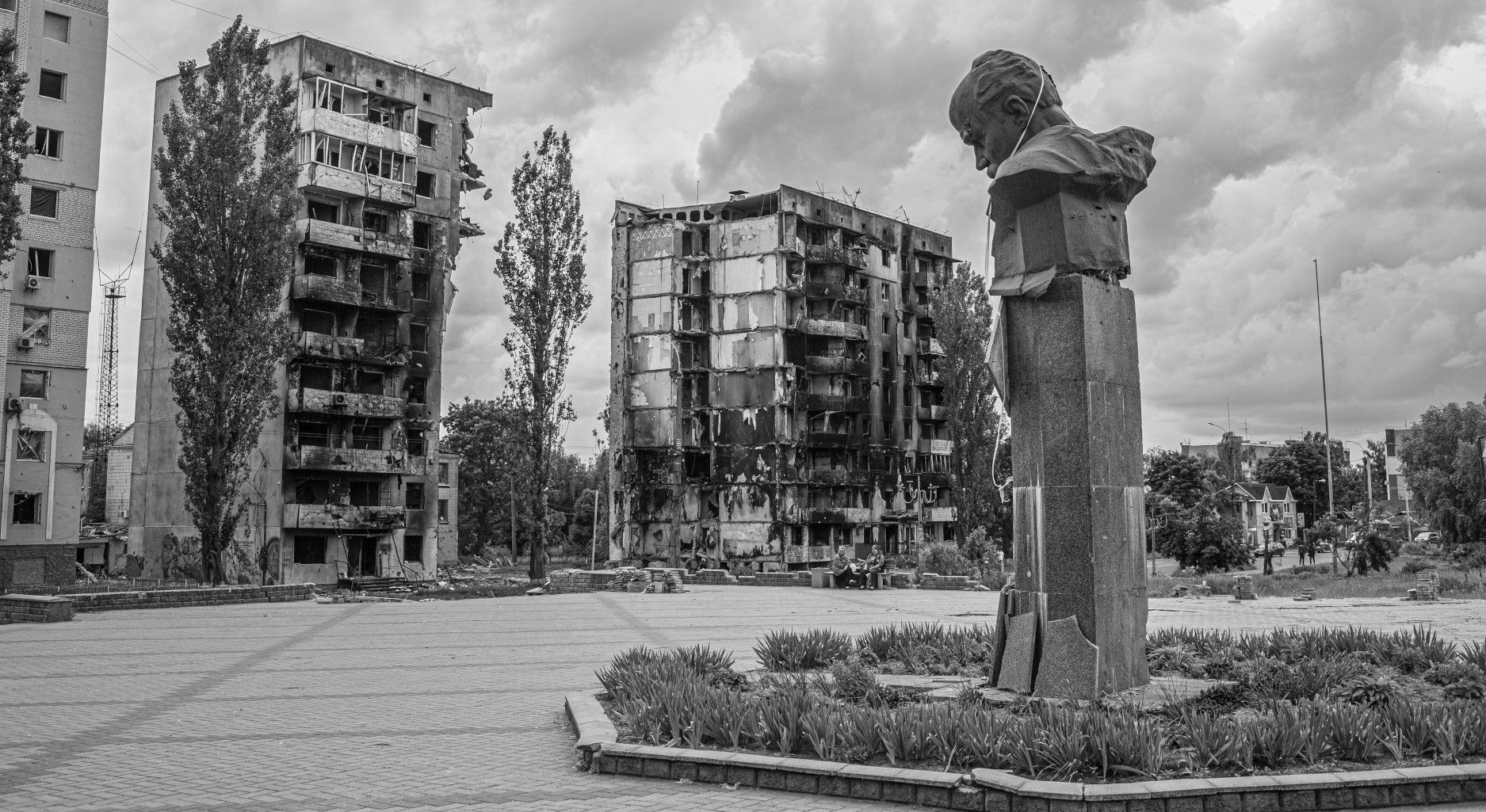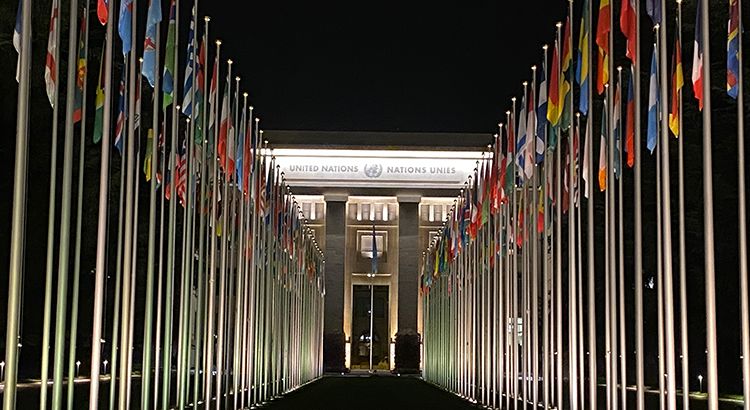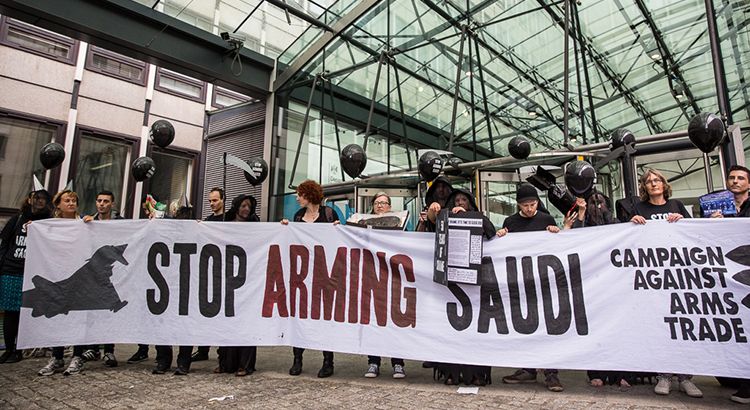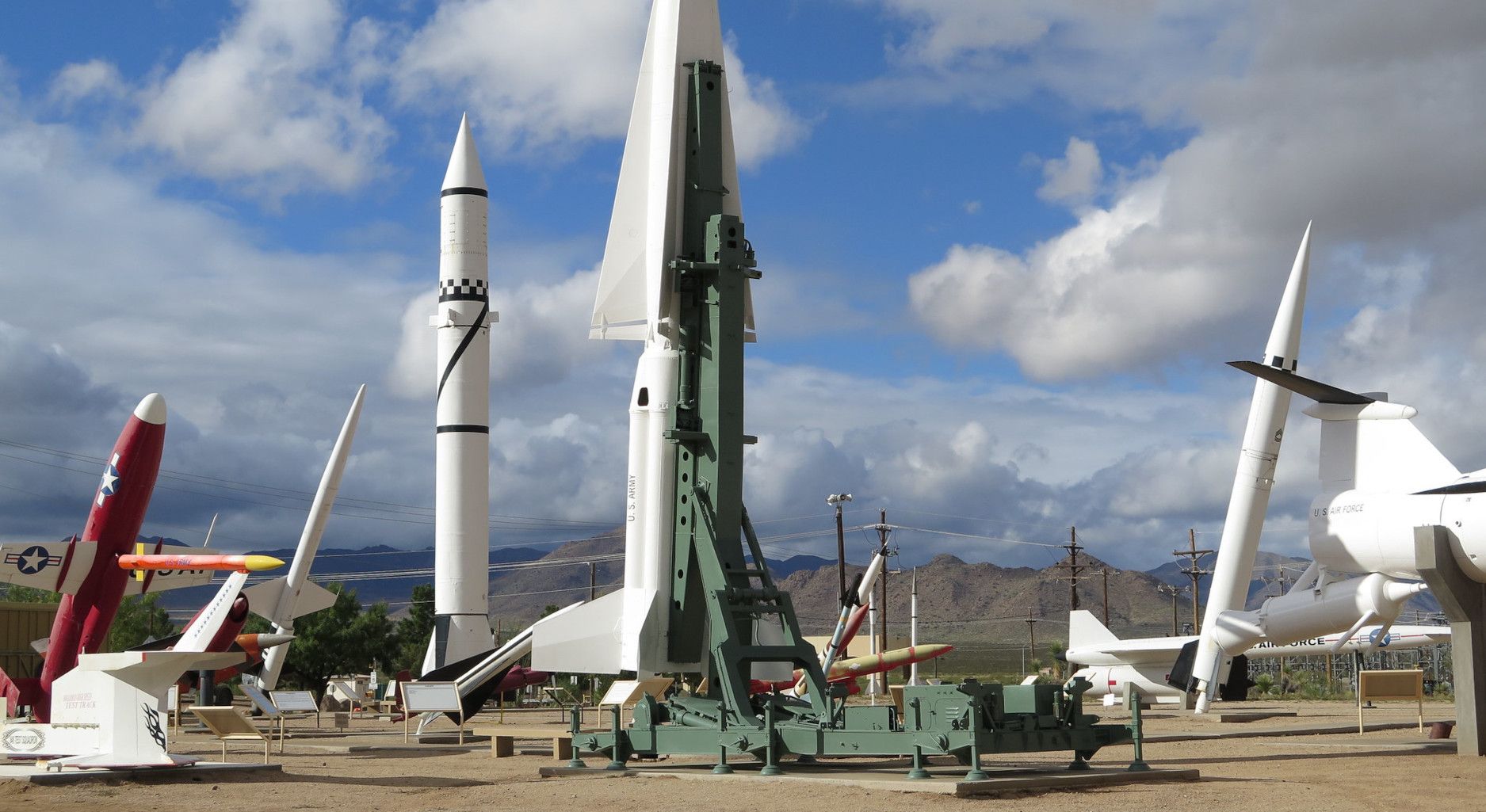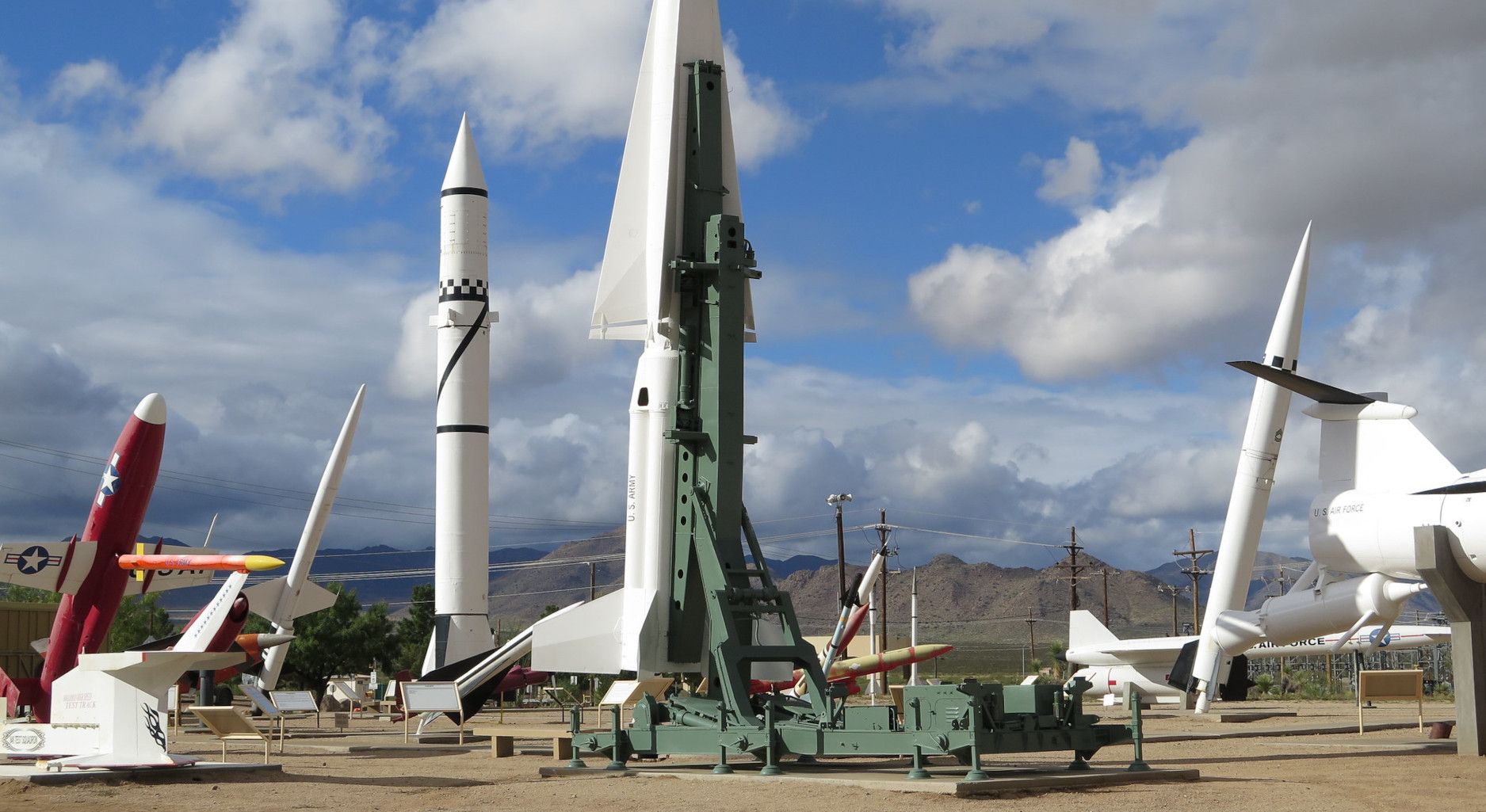Tag: Arms Control
In a global context characterized by escalating conflicts, hybrid warfare, violations of...
Reducing Nuclear Threats: Why Talks on Ending the War in Ukraine Should Include Agreements on Nuclear Risk Reduction
As the new U.S. administration pivots toward negotiating a ceasefire in the Ukraine war, the...
US-amerikanische Nuklearwaffenpolitik nach der US-Wahl 2024: Das Ende der nuklearen Abrüstung?
Seit Ende des Kalten Krieges haben die Vereinigten Staaten die Größe ihres Nuklearwaffenarsenal...
Segmentierung des Cyberspace? Chinas und Russlands Decoupling-Bestrebungen und ihre Konsequenzen
Seit einigen Jahren zeichnet sich ein besorgniserregender Trend ab: Autoritär geprägte Staaten...
The Pursuit of Consensus. The Fifth Chemical Weapons Convention Review Conference
In May 2023, 193 state parties to the Chemical Weapons Convention (CWC) convened for a five-day...
War against Ukraine: How to Make Deterrence and Arms Control Work
One year after the Russian invasion of Ukraine, experts from the United States, Ukraine,...
The 9th Review Conference of the Biological Weapons Convention
From November 28 to December 16, 2022, the States Parties to the Biological Weapons Convention...
Why the Future German Arms Export Control Act Goes in the Right Direction—But Not Far Enough
On 13 October 2022, the German Ministry for Economics and Climate published draft key points for...
A Stress Test of Nuclear Deterrence
This month, the Tenth Review Conference of the Non-Proliferation Treaty (NPT) is taking place in...
New York, Kiew, Havanna: Wir brauchen den Erstschlagverzicht
Im August tagt in New York die Zehnte Überprüfungskonferenz des Nichtverbreitungsvertrags...

